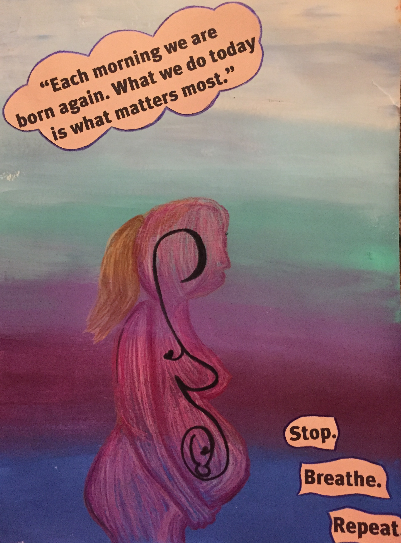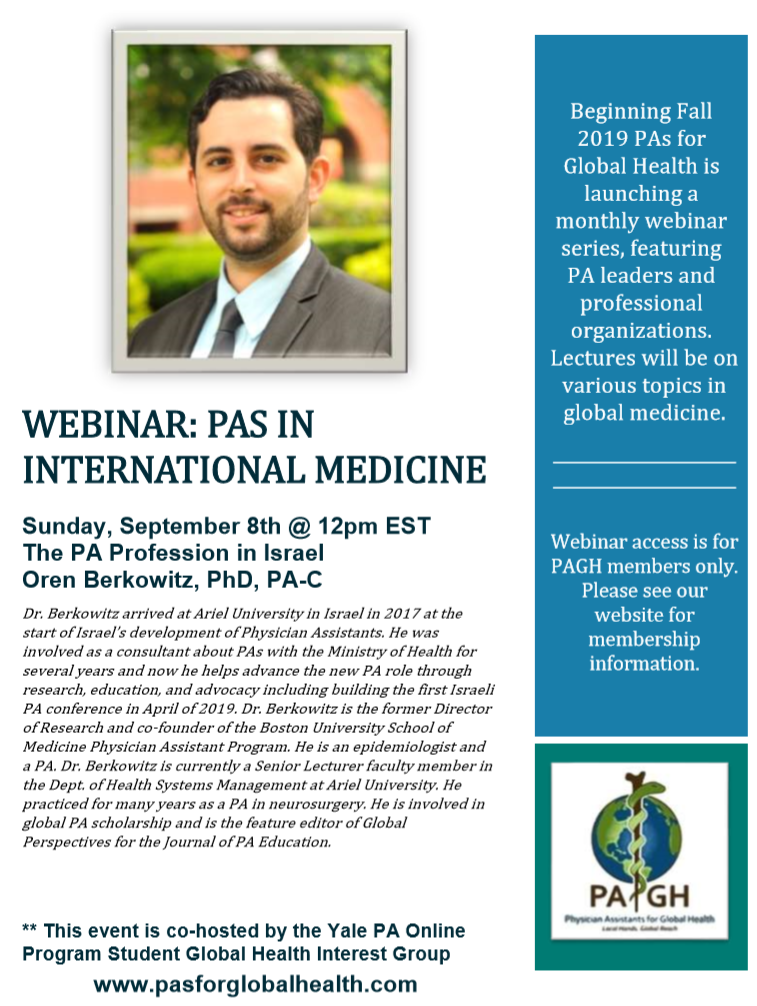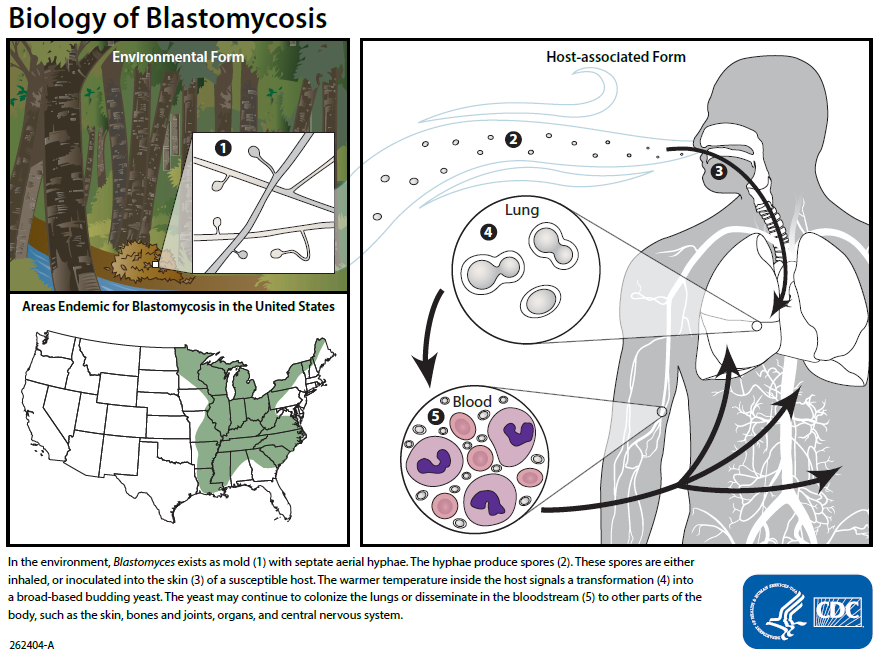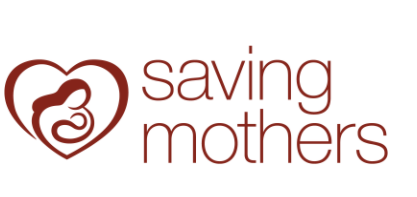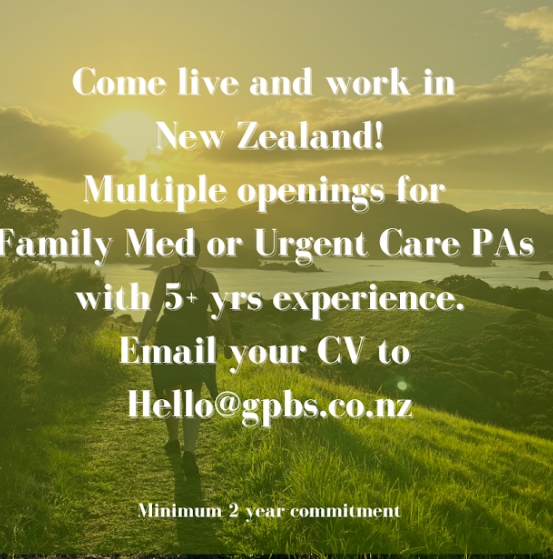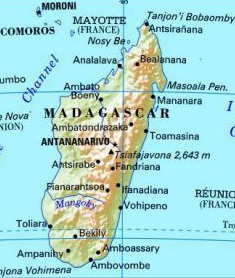House calls are not just a thing of the past. This is just one of the things I learned from my month in the Puerto Plata province of the Dominican Republic (DR) this spring during my global health clinical rotation.
It rained daily the first week as we walked in the muddy dirt streets on the way to the villages to see patients, and I vividly remember some of the sights that we passed.
-
A dead dog on the side of the road one morning.
-
Half-naked children playing in the mud.
-
A woman walking with a massive bowl of peanuts balanced precariously on her head.
-
And as always, children asking for pesos.


